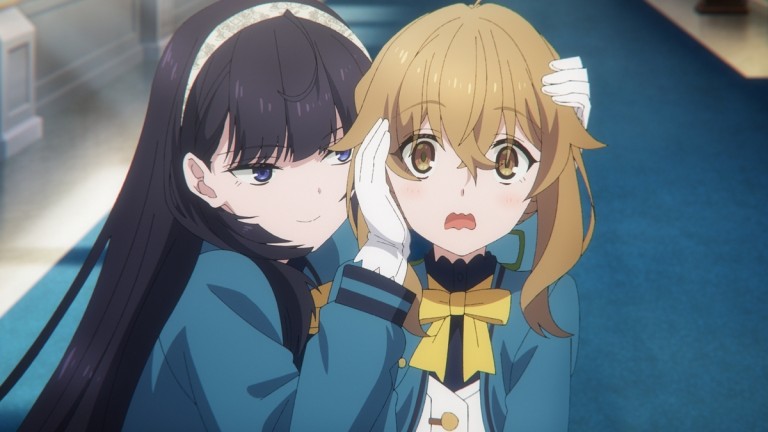
Arisunime — In the anime Takopi’s Original Sin, Marina’s death becomes a pivotal moment that changes the course of the story. After the tragic incident, Marina’s body is found by geological surveyors in a forested area, which immediately triggers an official investigation by the authorities. Takopi eventually confesses to taking fatal action against Marina while trying to protect Shizuka from the bullying violence that reappears in the third episode.
This article contains spoilers from the manga
Takopi Turns Back Time to Marina’s Time Before She Was Killed.

Following Takopi’s confession, the focus shifts to how Shizuka and Azuma respond to the incident. Naoki, despite initially wanting to report the death, chooses to help Shizuka cover up the case, using one of Takopi’s tools to eliminate evidence and hide Marina’s body. This action aims to further blur the line between morality and the desire to maintain a relationship despite good intentions, the consequences are real and cause an emotional domino effect on all the characters involved in the burial of Marina’s body.
As the episode progresses, all three characters-Takopi, Shizuka, and Naoki-face a heavy psychological burden. Shizuka feels guilty for feeling “relieved” after Takopi killed Marina, suggesting that she accepted the death as a form of release from the pressure she had been feeling. Takopi, meanwhile, regrets his actions in accidentally killing Marina, and realizes that despite his protective intentions, he created a new wound that is not easily healed. Finally, this emotion makes him desperate to use his ability one last time: time travel to reset all events – even if it means losing his memory and sacrificing himself to avoid the black light of bullying and deep-rooted hatred.
This timeline reset brings new hope: Shizuka and Marina, who were supposed to be enemies, ended up in a healthier friendship. Takopi sacrifices herself so that all the trauma, death, and despair can be replaced by a future where darkness no longer looms over them while freeing herself from what she calls her “original sin” of wanting to hurt others.
By highlighting the psychological and moral processes that the characters go through, this article illustrates how Marina’s death is not only a turning point in the story, but also part of a major shift in the characters’ views on happiness, sacrifice, and the consequences of actions.***













